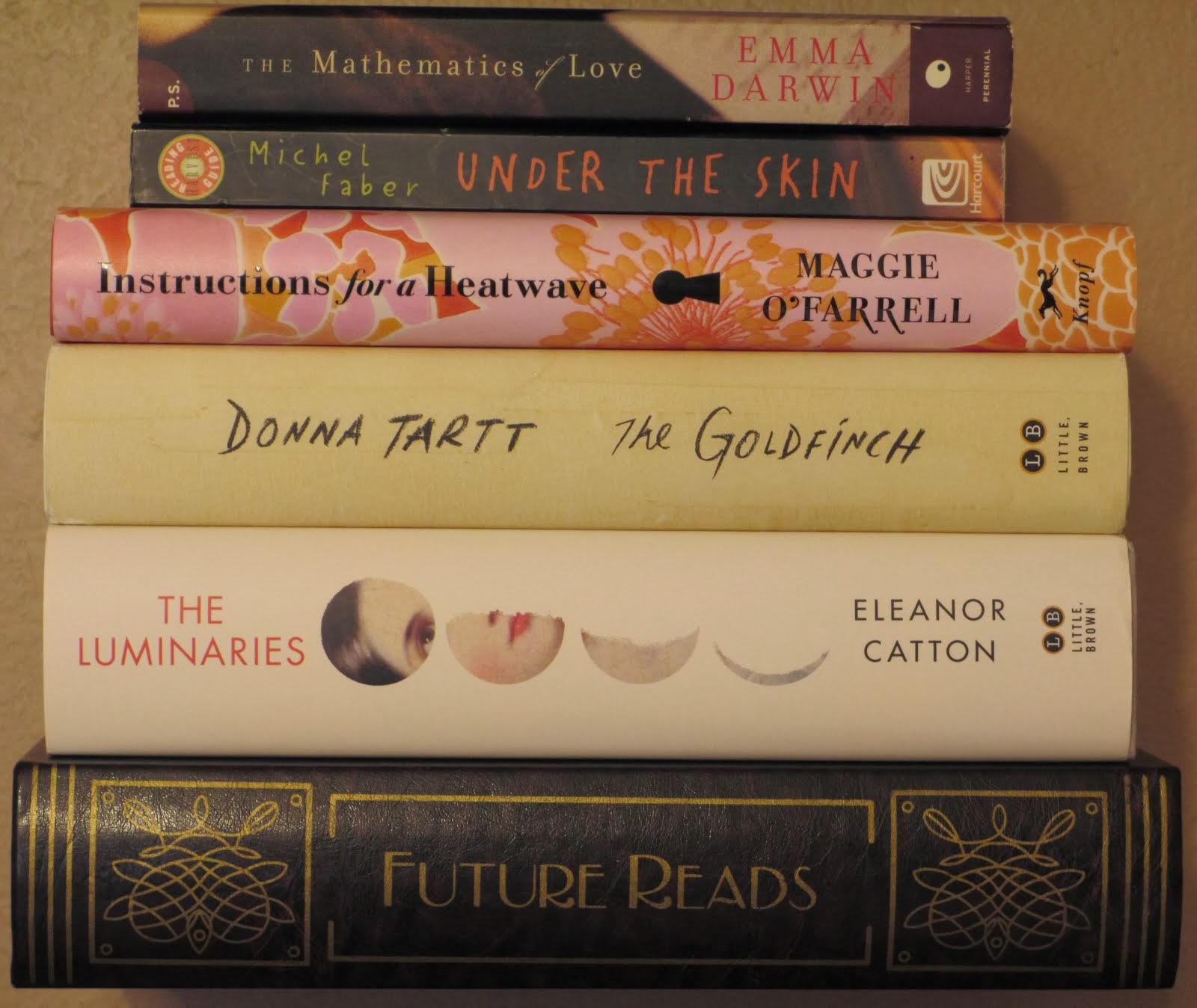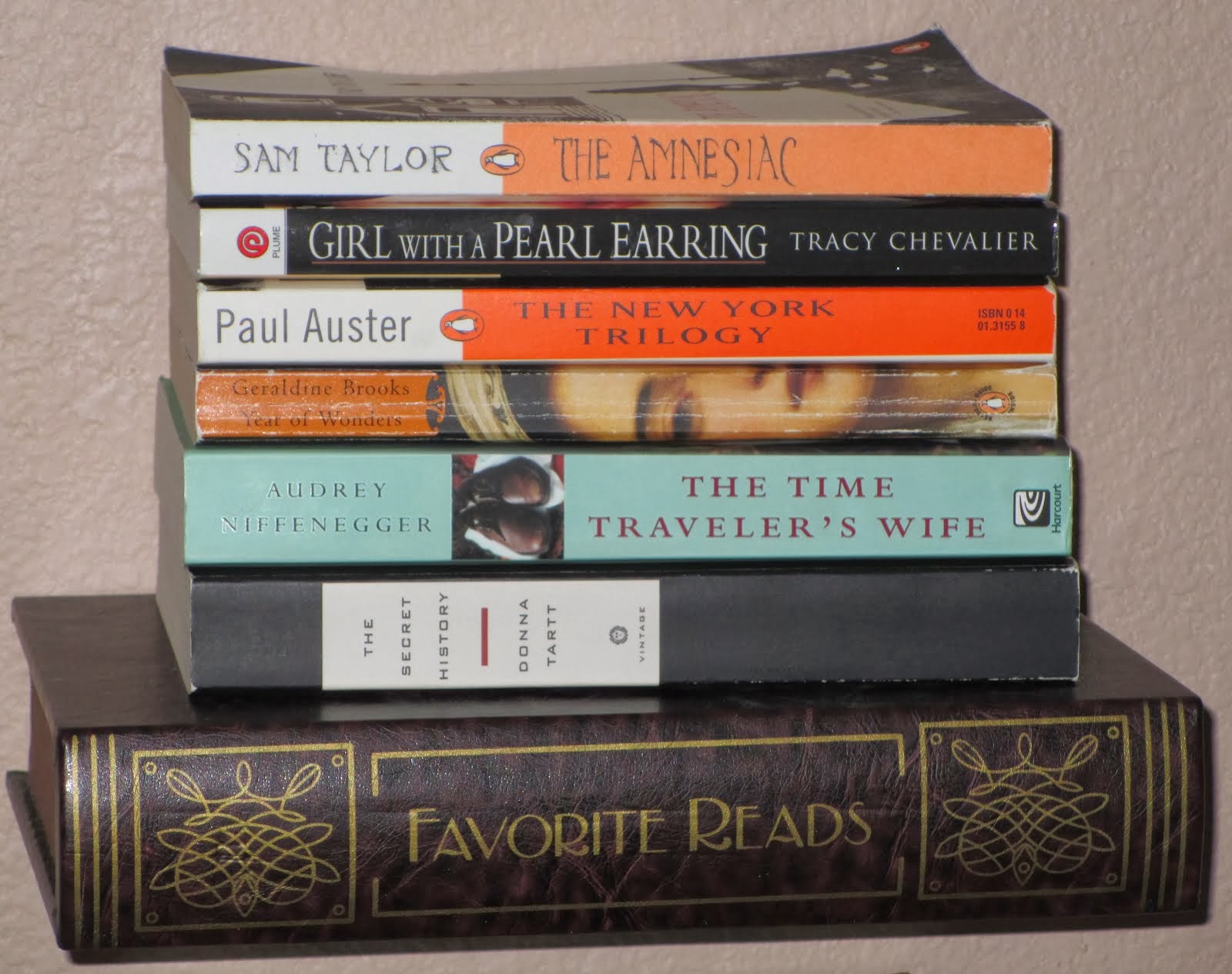I judged this book by the Disney movie and thought it would be an appropriate read for Bookworm Child (who is eight). Well, while it wasn't completely inappropriate for her, there were a few things that surprised me; I would have thought twice about passing this book along to BC if I'd known about them. There's nothing too horribly graphic (Mia mentions other people kissing via "tongues down each other's throats", and sees her Algebra teacher in his boxer shorts one morning because he is sleeping with Mia's mother. Hmmm. Not to mention the fact that because of this book I had to define the word "testicle" for Bookworm Child. Sure, it was in the context of testicular cancer, but still.) I suppose if I'd noticed it was published by Harper Teen I might have had a clue. Anyway, it's nowhere near as bad as some of the books my mom let me read when I was BC's age, and (though some would dispute this point) I turned out OK.
So, beyond the context of minor age-inappropriateness for my daughter, I had fun with this book. It's the story of Totally Average (if a bit too tall and flat-chested) Mia Thermopolis, a freshman in high school in New York City who lives a Totally Normal life until she finds out that she's next in line to rule the country of Genovia. Cue chaos as the reluctant princess resists her new role. As if a fourteen-year-old's life isn't difficult enough, just imagine how much worse it would be if you had to take Princess Lessons from your martinet Grandmère.
I could be wrong, but I'd like to call this book a forerunner in the current spate of diaries-as-books (see Wimpy Kids and Dorks. Samuel Pepys doesn't count, since I'm talking fiction). Bookworm Child actually mentioned her disappointment that the font in these books doesn't look like handwriting, but I guess when you're breaking new ground you can't be faulted for failing to overturn every convention.
I don't plan to continue with this series. When Bookworm Child asked why, my reply was that there were just so many other books I want to read. But if I ever reach a point where I've read All The Books, I won't mind revisiting Princess Mia. Even though she doesn't like Anne of Green Gables! (I have grave doubts about anyone who doesn't like Anne.)
The Darkest Corners – Kara Thomas
21 hours ago














